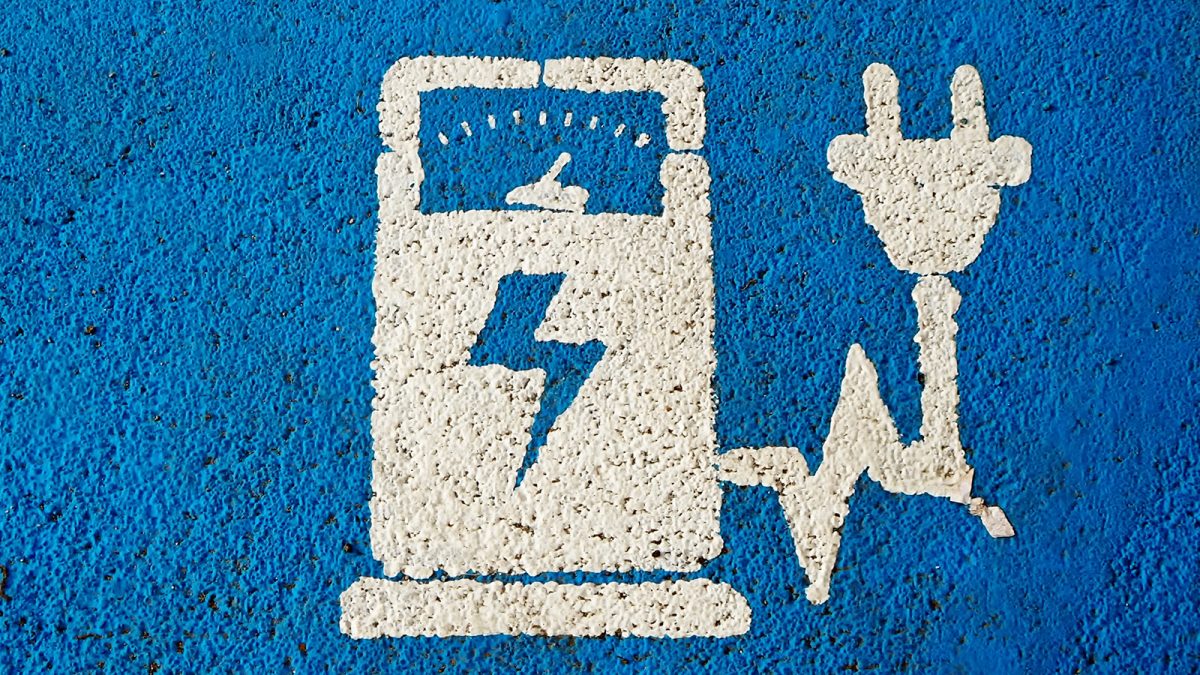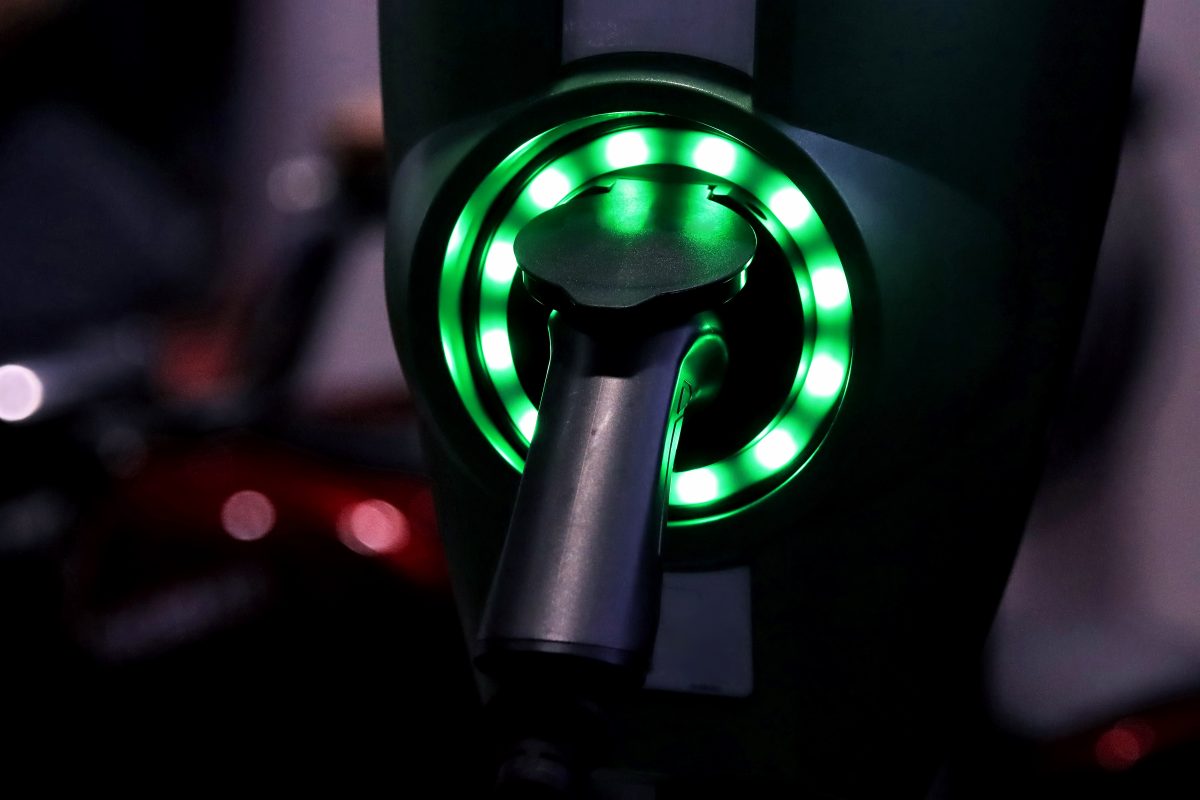
Jun 2, 2020
Can batteries power heavy duty vehicles?
Developments in European legislation, battery technology and charging times in connection with a European-wide charging infrastructure make electrified trucks (E-trucks) a realistic alternative for decarbonising the transport system.
Electrification will be an important cornerstone in the sustainable, decarbonised transport system of the future. The European Green Deal, that was announced in December 2019 aims at achieving zero emission mobility and this ambition is now accelerating in the recently published Recovery Plan that wants to promote not only the production and deployment of sustainable vehicles and vessels- but even looks at means to “support the financing of the installation of one million charging points, clean fleet renewals by cities and companies, sustainable transport infrastructure and enable the shift to clean urban mobility.”
In this context it is important to highlight the increasing role batteries play for heavy-duty vehicles and within industrial applications. When the Alternative Fuels Infrastructure Directive (AFID) was adopted in 2014, the electric truck market was virtually non existent – but battery technology is improving rapidly, allowing vehicles to operate for longer distances between charges and the time to recharge is reducing.
In fact, several companies have announced the development of hybrid- or fully electrified heavy-duty trucks like BYD who wants to launch their electric truck in Europe this year. An overview of other companies announcing the development or production of electric trucks can be found in this article.
One of the main arguments against producing heavy battery powered trucks has been their short range given the long distances that are usually covered by those vehicles. One important factor to consider is however the driving regulations for trucks. European rules for driver rest times mean that one is only allowed to a maximum of 4.5 hours driving time before one needs to take a mandatory break of at least 45 minutes. This latest can be divided into two: the first part of at least 15 minutes, followed by at least a 30-minute break. This regulation makes in fact ideal charging intervals for heavy vehicles.
In 2019, European legislators passed two very helpful amendments to weights and dimensions legislation for trucks.
The first is an amendment that allows European trucks to have a longer, rounder, more aerodynamic cabin from 1 September 2020. This matters for electric trucks, giving designers the extra space needed for big battery packs.
The second – adopted in the discussions on CO2 standard for trucks – allows zero-emission trucks to weigh up to two tonnes more than regular ones, to compensate for the potential additional weight of battery packs. The Commission has asked Member States to implement this provision as well by 1 September 2020.
Combining these two legislations means that in practise E-trucks can carry some four tonnes worth of batteries from 1 Spetember 2020 onwards. After all, replacing the entire diesel powertrain and big fuel tank with a much lighter electric drivetrain makes the truck some two tonnes lighter. With a two-tonne allowance for E-trucks, a four-tonne battery pack is possible.
Four tonnes is enough for a range of approximately 700 km. This is twice the distance a driver can realistically cover in the 4.5 hours between two mandatory stops.
Today fast chargers with an effect up to 350kW exist making charging times for electric truck a realistic option. CharIN is working on a standard with quite astonishing maximum power of 1.5 megawatt which enables recharging over 400km of range in 20 minutes. The potential to develop fast charging is huge. Companies like Fastnet or IONITY already build up a considerable number of High-Power Charging (HPC) stations.
According to Scania’s chief executive 90,000 e-truck charging points will be needed over the next decade for the transition to carbon-neutral road transport. With this simple assumption and the benefits zero-emission trucks will bring to achieve Europe’s climate goal we believe that a network of high-power charging stations for trucks are a cost-efficient solution to decarbonise the transport sector. We now hope for the deployement of a pan-European electric truck charging network as part of the European Green Deal!
More EBA250 news
The European Battery Alliance (EBA) welcomes today’s announcement by Executive Vice-President Stéphane Séjourné on…
Vulcan Energy has reached a major milestone with the Final Investment Decision (FID) for…
Today, a joint High-Level Ministerial Meeting of the European Battery Alliance (EBA) and the…
We are pleased to announce that today we have signed a Memorandum of Understanding…
The European battery sector does not need a new strategy – it needs a…
U.S.-based battery innovator Lyten has signed binding agreements to acquire all of Northvolt’s remaining…
The European Battery Alliance (EBA) welcomes the European Commission’s swift decision to award €852…
Last week, the European Commission published the Clean Industrial Deal State Aid Framework (CISAF),…
We are pleased to welcome Emma Nehrenheim as new Managing Director of the European…
As Europe’s battery cell manufacturers face increasing competitive pressure, EBA250 remains actively engaged in…







